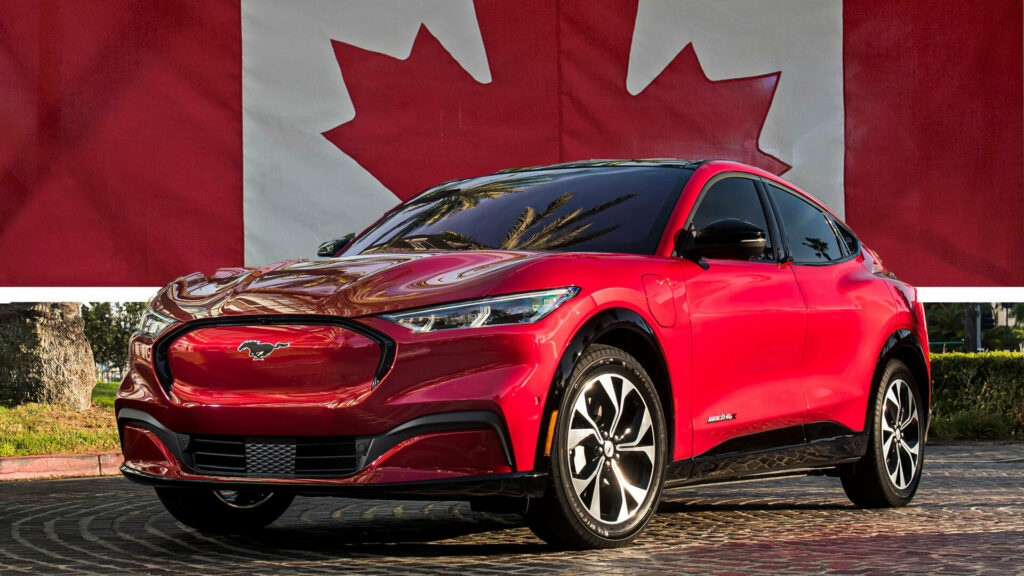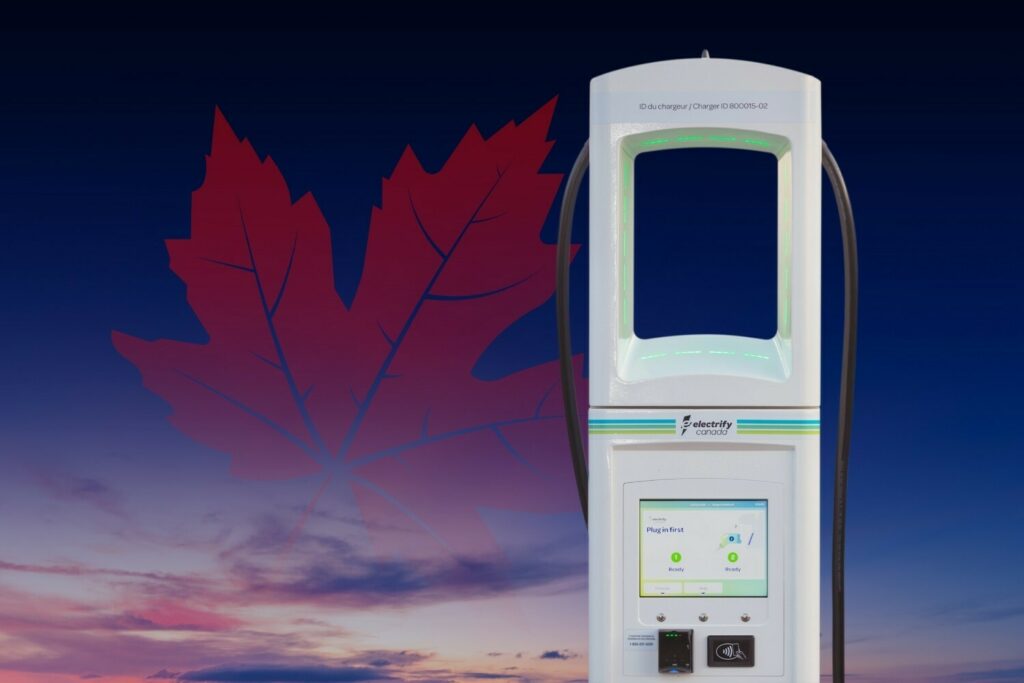However, plug-in hybrids will reportedly be classified as zero-emission vehicles

Canada is expected to announce new cars sold in the country must be zero-emission by 2035.
Both Reuters and CBC News are reporting an announcement is expected on Tuesday and the transition will be gradual. While we can expect to learn full details tomorrow, the former publication cited a source as saying zero-emission vehicles “must represent 20% of all new car sales in 2026, 60% in 2030, and 100% in 2035.”
However, this doesn’t appear to be an all out ban on internal combustion engines – at least initially. According to reports, plug-in hybrids will fall under the zero-emissions umbrella just like electric and hydrogen-powered vehicles.
advertisement scroll to continue
More: EV Consideration Drops 13% In Canada As Consumers Balk At Limited Range And High Prices

CBC News quoted a source as saying the rules are “meant to ensure that automakers produce enough affordable zero-emissions vehicles to meet the demand.” The regulations will reportedly be known as the Electric Vehicle Availability Standard and will require automakers “earn enough credits to demonstrate they are meeting the targets.”
These credits are said to be based on the number of low- and zero-emission vehicles sold, with the amount of credit varying by vehicle. In effect, it sounds like ‘traditional’ zero-emission vehicles could get more credits than plug-in hybrids.
The report adds that automakers will be able to earn credits by improving Canada’s charging infrastructure. If they fail to earn enough credits for a given year, they can reportedly purchase some from automakers with credits to spare.
The rules are slated to go into effect for the 2026 model year, which is pretty aggressive considering one 2026 model – the Cadillac Vistiq – was announced last week. Given this short time frame, it’s possible that automakers could object. However, we’ll learn more soon enough.



